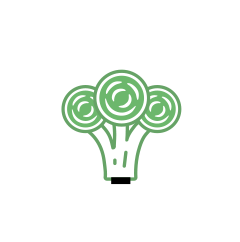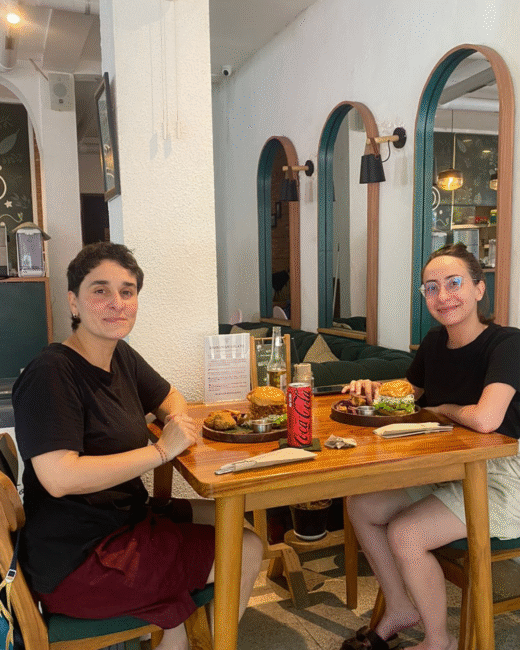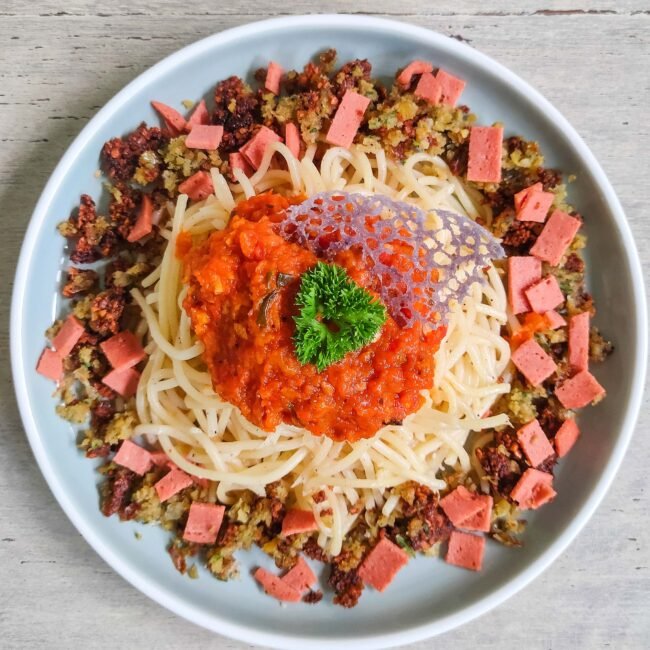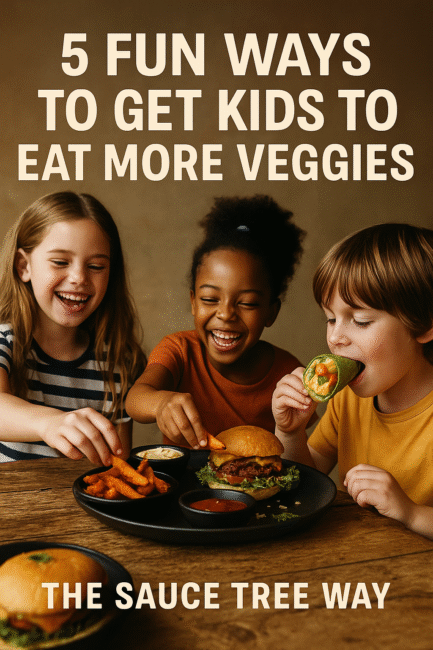Confucius once said:
“If your plan is for one year, plant rice.
If your plan is for ten years, plant trees.
If your plan is for one hundred years, educate people.”That quote didn’t just resonate—it shifted something for us.
In the early days, we tried to reach everyone. Especially grown-ups. We’d gently explain the benefits of plant-based eating—how it could be better for animals, our health, and the planet. But more often than not, we’d hit a wall. People were defensive. Set in their ways. And honestly, it was exhausting.
We kept asking ourselves: Why is it so hard to inspire change?
It wasn’t that people didn’t care. Many did. But change felt personal, complicated, and often—too late. When you’ve spent your whole life eating a certain way, it’s not easy to look at that through a new lens. Resistance wasn’t rare—it was routine.
We realized that talking about compassion doesn’t always translate into action. So instead, we focused on something simpler: flavor.
Because when food is good, it speaks for itself.
And when it comes to shaping the future, we started thinking: maybe we’re talking to the wrong people.
Kids are naturally curious. Open. Honest. They haven’t built the walls adults have. They just want food that tastes good, feels fun, and makes them feel full. And when we started creating that kind of food—familiar, crave-worthy, joyful—it clicked.
We believe everyone is born with empathy. It’s the world that sometimes teaches us to ignore it.
So now, we offer food that feels familiar, comforting, and joyful—and quietly plant-based. We let the flavors do the work, and we leave the choice to them.
Because look—there are two burgers on the table. One is vegan, one is not. They both look great. They both taste great. But only one was made with kindness.
No lecture. No guilt. Just a quiet moment to ask: Which one would you choose?
This is how we try to plant seeds.
Because sometimes the simplest path to a better world starts with what’s on your plate.






